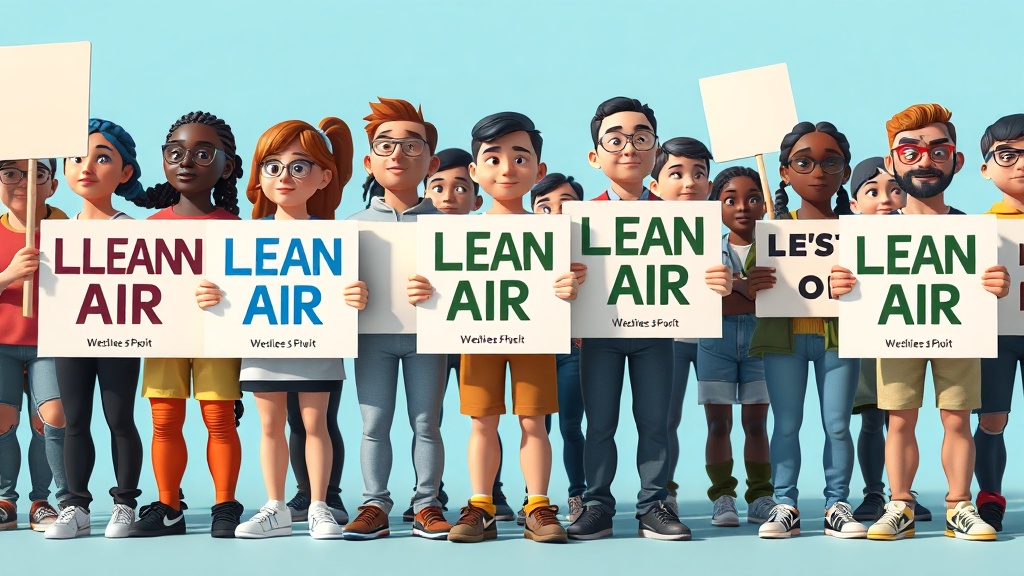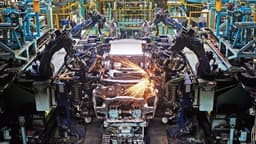Home / Environment / India Races to Overhaul Urban Infrastructure for Sustainable Future
India Races to Overhaul Urban Infrastructure for Sustainable Future
10 Nov
Summary
- Rapid urbanization strains India's infrastructure, air quality, and traffic
- Urgent need for robust public transport to reduce emissions and congestion
- Government initiatives aim to promote clean, affordable, and accessible transit

India is grappling with the rapid pace of urbanization, which is exerting immense pressure on the country's infrastructure, water resources, and air quality. By 2036, over 40% of India's population, or around 60 crore people, is expected to live in cities and towns, a figure that is projected to rise to 50% by 2050.
This urban transformation poses significant challenges, including worsening traffic congestion and air pollution, which have already become major concerns. Experts emphasize that a well-planned and effective public transit network is no longer optional, but a crucial requirement for India to achieve its goal of becoming a developed nation by 2047.
The government has introduced several initiatives to promote the use of public transportation, such as the Jawaharlal Nehru National Urban Renewal Mission (JNNURM), the National Urban Transport Policy (NUTP), and the Faster Adoption and Manufacturing of Electric Vehicles (FAME) schemes. These programs have helped expand bus fleets, incentivize the adoption of electric buses, and improve fare integration across different modes of public transport.
However, scaling up clean public transportation in India comes with its own set of challenges. Significant capital investment is required to establish large-scale systems like metro networks and extensive bus fleets, and the financial viability of such projects remains uncertain. Additionally, a lack of coordination among various transport authorities and an apparent infrastructure bias towards accommodating private vehicles have hindered the growth of efficient public transport.
To address these issues, experts suggest the establishment of Unified Metropolitan Transport Authorities (UMTAs) in major cities, the implementation of innovative funding mechanisms like congestion taxes, and the deployment of Artificial Intelligence tools for dynamic route planning and real-time vehicle tracking. Sustained awareness campaigns to encourage behavioral changes among citizens are also crucial for the success of these efforts.



